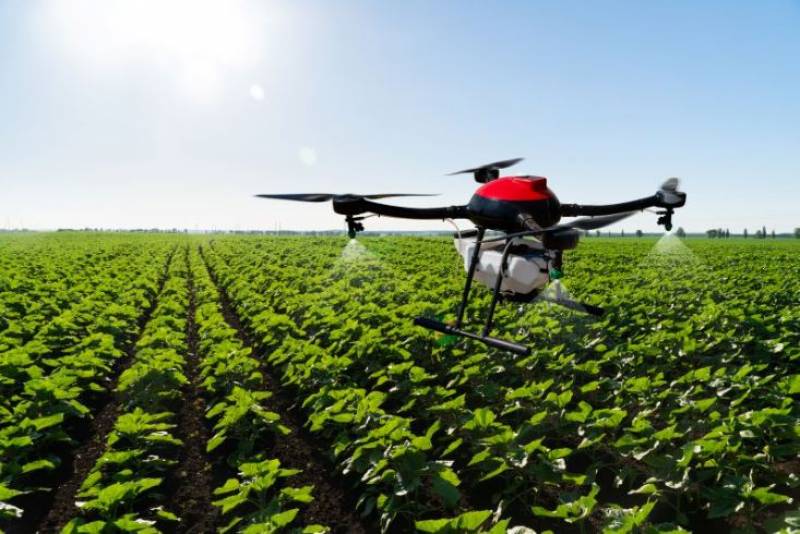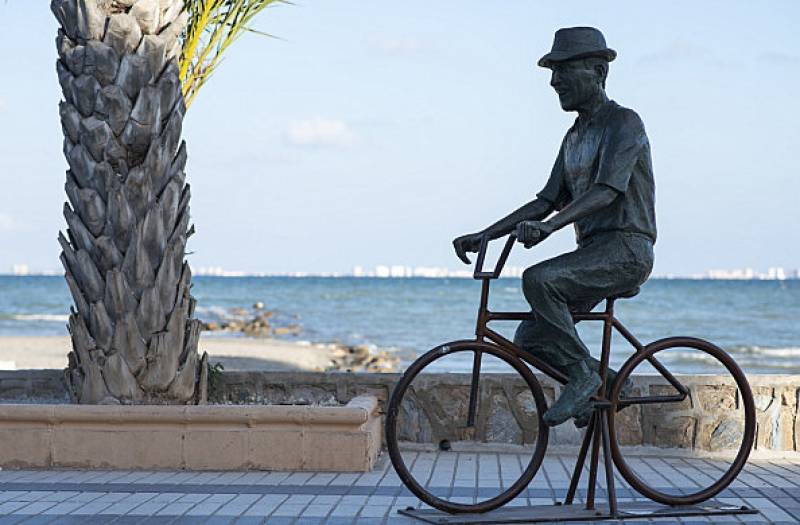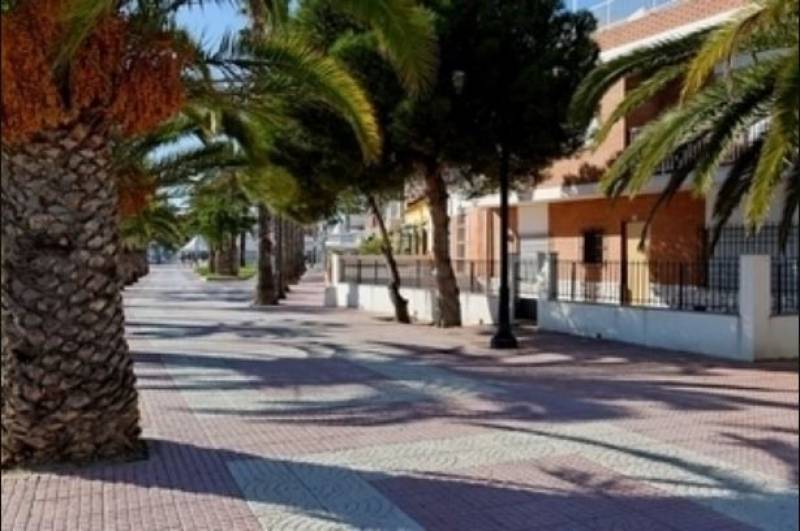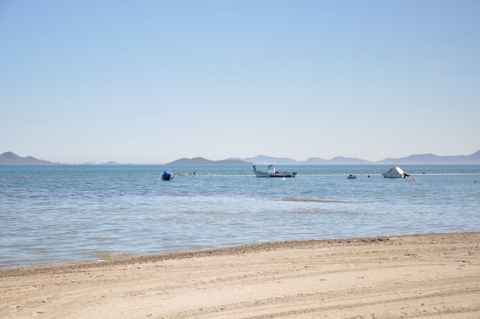Date Published: 20/02/2025
Mar Menor recovery gains momentum with 56 per cent of illegal irrigation land restored
The Region of Murcia government has also allocated 76 million to completely overhaul the outdated irrigation systems on farm land
The restoration of these plots comes as the result of 300 complaints filed against farmers.
The reduction of illegal irrigation has already had a positive impact on the environment, with a decrease of 500 tonnes of diffuse
nitrate pollution in the Mar Menor between 2022 and 2023. However, the elimination of nitrates in the lagoon will be a process that will last several years, since most of them are not found on the surface.
The Ministry is currently processing a total of 72 projects for intervention in different areas around the Mar Menor, including the comprehensive restoration of the
Sierra Minera and the creation of a Green Belt to retain 918 tonnes of nitrates that enter the lagoon every year.
In the meantime, the Ministry of Agriculture has launched a plan to modernise irrigation in the Region of Murcia, with a total investment of 76.27 million euros. The project will benefit 17,642 hectares of crops in farming communities in
Cieza, Totana and Librilla, promoting the use of renewable energy, non-conventional water and the digitalisation of irrigation.
The incorporation of renewable energies is one of the pillars of this project, with the installation of photovoltaic solar plants in several irrigation areas. A floating solar plant is being built on a water storage pond in the Serrana-Los Albares, which will reduce electricity consumption and decrease water evaporation, benefiting 450 farmers who grow stone fruits on 1,341 hectares.
In addition, the Junta Central de Usuarios Norte de la Vega del Río Segura has built a solar plant, which will allow 930 irrigators on 4,643 hectares to do without the use of fossil fuels, reducing costs and minimising their environmental impact.
The incorporation of desalinated water is another important aspect of the modernisation, with the farming community of the Tajo-Segura Transfer in
Totana able to use water from the desalination plants of Torrevieja and Águilas, thanks to the construction of new regulation ponds, pumping stations and hydraulic connections. This improvement will benefit 4,095 farmers and 10,776 hectares of crops.
In
Librilla, the changes will be even more dramatic, as the transformation will include an automated irrigation network, pumping stations, a photovoltaic solar plant and digitalisation systems to optimise water use, benefiting 689 irrigators who cultivate 892 hectares.
All of this work is part of the Recovery, Transformation and Resilience Plan and is financed by European Next Generation funds.
Image: Archive
article_detail

|






































